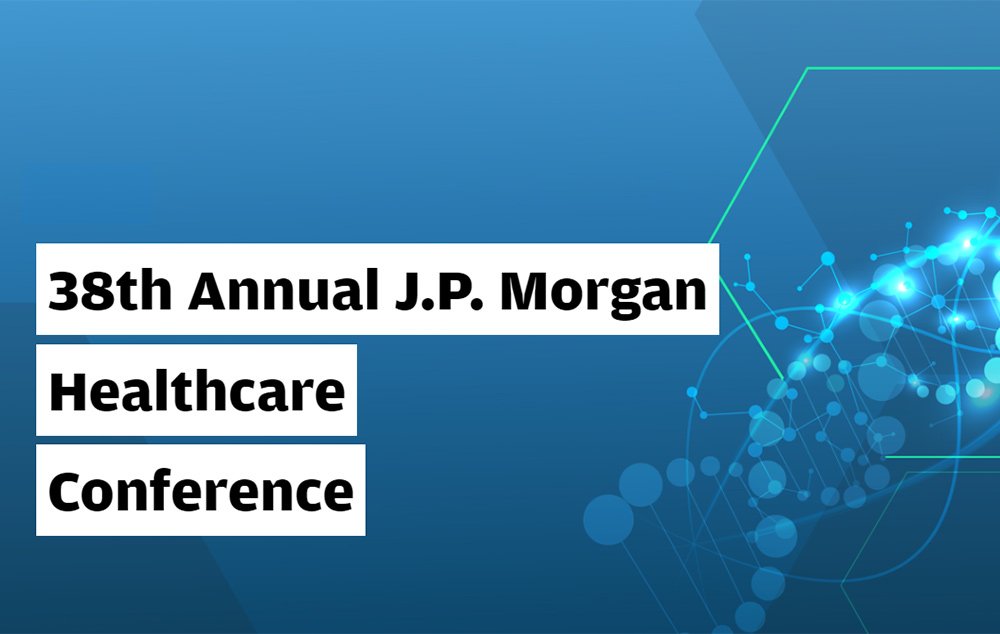As we welcome in the New Year and a new decade, one constant remains in the healthcare industry – the deal community’s annual convergence in San Francisco’s Union Square each January for the J.P. Morgan Healthcare Conference. Intrepid’s Healthcare team joined thousands of industry executives, providers, and investors to take the pulse of a transformative healthcare ecosystem to help position our clients for optimal success in 2020 and beyond. Our dialogue with financial sponsors and acquisitive strategic players echoed some similar sentiments of both the 2018 and 2019 conference, but several new themes emerged that could impact healthcare M&A activity for years to come:
Outpatient Integrated Care Delivery Is Poised For Rapid Growth
Investors appear increasingly interested in integrated outpatient care delivery networks in multiple industry and subspecialty verticals. This is evident in areas such as women’s health, where investors are creating diversified practices spanning from routine OB/GYN to specialty diagnostics to in vitro fertilization. In sports medicine, we are also seeing pain management paired with physical/occupational therapy and various orthopedic surgeries. Further, payor and provider services continue to integrate, as Medicare Advantage motivates more and more primary care, specialty physician groups and various ancillary services providers to experiment with full- and partial-risk management strategies. The lines appear destined to be increasingly blurred in the 2020 healthcare dynamic.
Simultaneous with this outpatient care model transformation, an increasing number of hospitals throughout the nation are closing their doors. Many hospitals have fallen victim to poor post-merger integration, lack of operational controls, and payor strategies to drive services to lower-cost care settings. This reinforces that private investment will continue to support the development of outpatient care services, especially the more innovative integrated delivery models.
Emerging Pharma Services Platforms Seeking Add-On Targets
Big pharma continues to spend big dollars to develop their next blockbuster drugs, which is driving an increased need to find more innovative and efficient means to meet the growing demand and time-pressures for drug discovery and commercialization. We are now seeing several private equity investments ranging from clinical trial site operators, novel hardware and software developers to bioanalytical technologies. Furthermore, with a massive wave of new treatment pathways transforming drug discovery, such as immuno-oncology and cell/gene therapy, many pharma service providers must expand their portfolio of capabilities and are aggressively pursuing consolidation of specialty diagnostics companies. We expect to see increased transaction volumes and valuations among bioanalytical services providers, CROs and other outsourcing vendors with expertise in these high-growth therapeutic segments.
A Feared Physician Practice Management (PPM) Bubble Will Not Pop Soon
Over the past ten years, hundreds of single- and multi-specialty provider groups have partnered with financial sponsors, launching a furious PPM consolidation across the country and leading many of the investors and provider executives we met with at JPM this year to speak of their fear of a PPM bubble. Specifically, some traditionally aggressive private equity investors were concerned that the entry price to establish a new PPM platform has reached unsustainably high levels and they would not bid on new PPM deals unless they were in particularly unique areas. However, despite considerable investment activity within nearly all PPM specialties, such as Interventional Pain Management, Oncology, Anesthesia and Ophthalmology, among others, most savvy investors recognized that the industry remains highly fragmented with many smaller tuck-in acquisitions available to drive continued valuation arbitrage and ample runway for future consolidation. In addition, the benefits of scale are of heightened importance given current payor dynamics, increasing regulations and the need to operate in highly efficient models to deliver better care and bottom-line results.
Financial Sponsors Specializing Like Strategics
Many financial sponsors are becoming even more thematic and specialized within healthcare investing and it can no longer be a hobby. To compete and win deals, healthcare investors have learned that they need to bring a vast range of value-added resources to the table such as operating executives, payor relationships, human resources expertise, IT capabilities and scientific/clinical advisory relationships, to name a few. Increasingly, financial sponsors are acting like strategic buyers with highly defined market and target criteria to find high-growth companies where they can leverage their relationships and proprietary resources to add value and drive outsized returns. For entrepreneurs seeking liquidity, such a dynamic can enable them to have more options than ever before, as they can marry the benefits of a strategic partner with the upside potential of a traditional financial sponsor.
The new decade of dealmaking is off to an exciting start. Stay tuned for a busy year of deals to shape the next decade of healthcare innovation.
